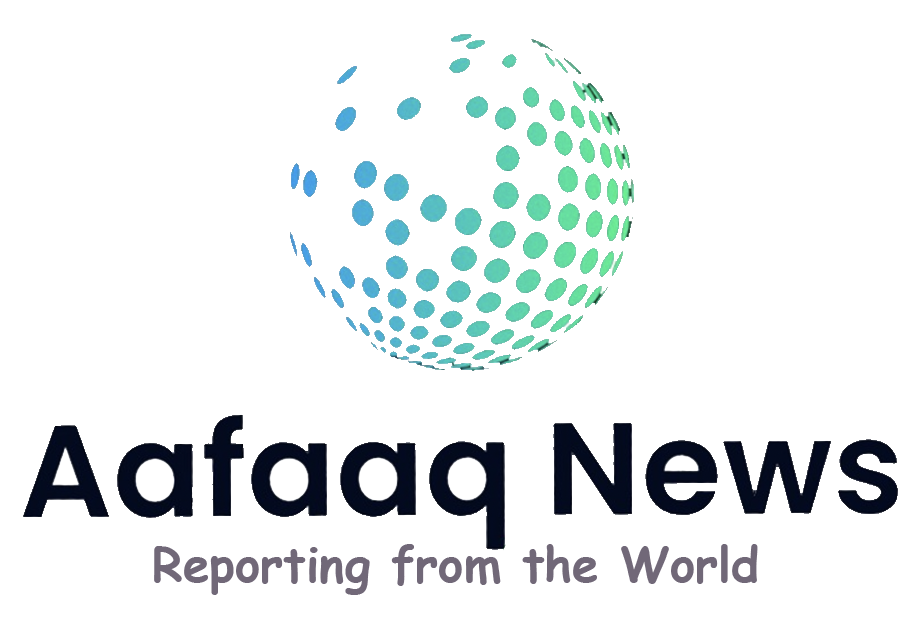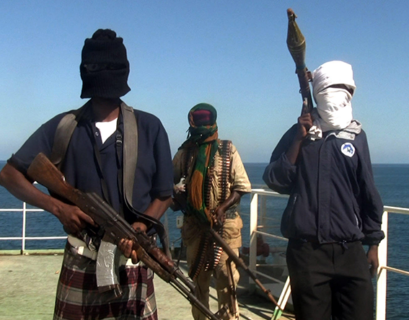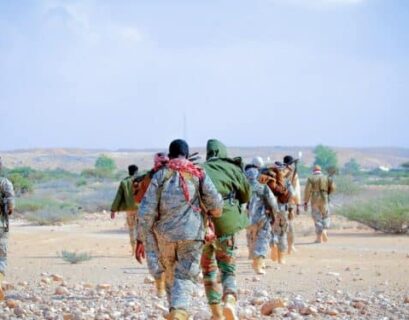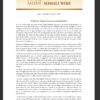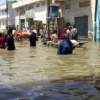On June 12, the International Labour Organisation (ILO) and its member countries observe World Day Against Child Labour, aiming to highlight and combat the plight of children forced into hazardous work conditions. This year, the day also marks the 25th anniversary of the adoption of Convention No. 182, a critical international step towards eradicating the worst forms of child labour. Despite global efforts, some nations still witness alarmingly high rates of child labour, with Somalia standing out as one of the worst offenders.
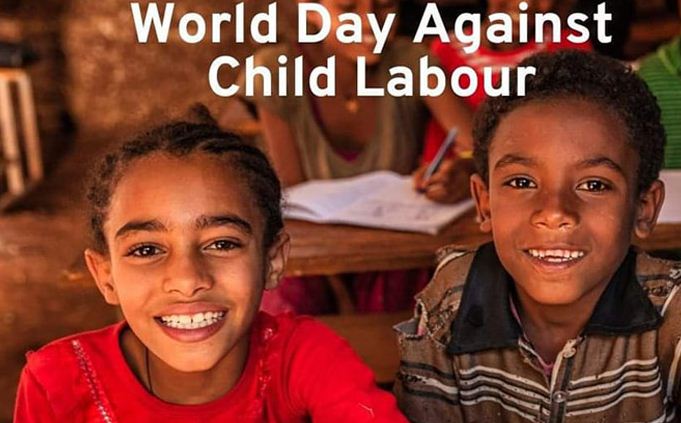
Somalia, an East African nation, presents a stark and distressing picture of child labour. Nearly 49% of the country’s child population is engaged in labour, a figure that underscores a profound humanitarian crisis. The reasons behind this grim statistic are deeply entrenched in the nation’s socio-political landscape, characterized by incessant conflicts, severe poverty, and a lack of effective governance.
Persistent Conflict and Recruitment of Child Soldiers
Somalia’s history is marred by continuous conflict, with various factions vying for control. This constant state of unrest has created an environment where children are vulnerable to recruitment by both government and insurgent forces. These children are not merely working in fields or factories; they are thrust into the frontlines, subjected to brutal training regimes, and exposed to extreme violence. The recruitment of child soldiers is a grave violation of human rights and illustrates the depths of Somalia’s child labour crisis.
Drought and Economic Hardship
Somalia is also frequently hit by severe droughts, exacerbating the already dire economic situation. The lack of water devastates agriculture, leading to food shortages and driving families deeper into poverty. In such desperate circumstances, children are often compelled to work to support their families. They are found in various laborious and dangerous jobs, from agricultural work to construction, often without any protective measures or legal recourse.
Government Inaction and Legal Frameworks
While Somalia’s laws ostensibly align with international standards, such as setting a minimum working age and prohibiting hazardous work for minors, enforcement remains virtually non-existent. The Somali government’s inability to implement and uphold these laws reflects broader systemic failures. Corruption, lack of resources, and a fragile judicial system hinder any meaningful progress against child labour. This neglect not only perpetuates the cycle of exploitation but also signals a profound disregard for the nation’s future.
Impact on Education and Development
The prevalence of child labour in Somalia severely hampers educational attainment and personal development. Children forced into work are deprived of schooling, which limits their future opportunities and perpetuates the cycle of poverty. The Somali government’s failure to ensure access to education exacerbates this issue. Schools are often targets in conflicts, and many regions lack basic educational infrastructure. Without education, these children are trapped in a vicious cycle of labour and poverty, with little hope for a better future.
International Response and Local Challenges
International organisations like UNICEF and various NGOs continue to work in Somalia to alleviate the child labour crisis, providing aid and advocating for policy changes. However, their efforts are often stymied by the volatile security situation and lack of cooperation from local authorities. The international community’s calls for action are crucial, but without substantial and sustained local government commitment, progress remains elusive.
A Call for Immediate Action
Addressing child labour in Somalia requires a strong approach, beginning with a genuine commitment from the Somali government to enforce existing laws and protect children. Strengthening the judicial system, combating corruption, and ensuring that aid reaches those in need are critical steps. Furthermore, creating stable educational opportunities and addressing the root causes of poverty and conflict are essential for long-term change.
The international community must continue to pressure the Somali government while providing support to local initiatives aimed at protecting children. The plight of Somali children cannot be ignored; their future hinges on immediate and decisive action. As we mark World Day Against Child Labour, let Somalia’s crisis serve as a somber reminder of the urgent need to protect the world’s most vulnerable.
